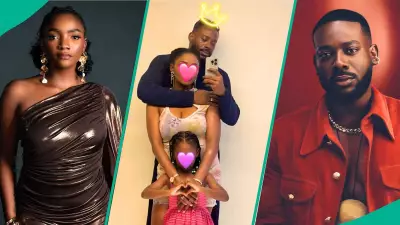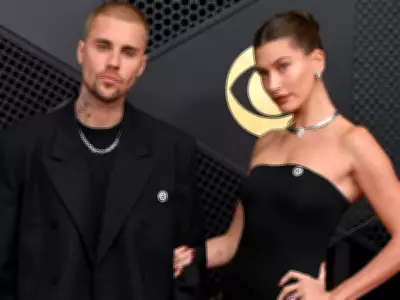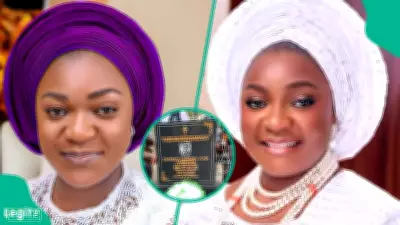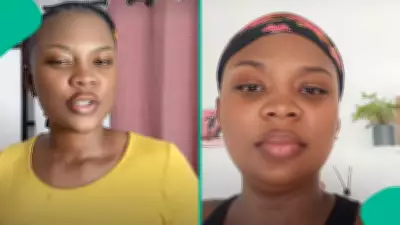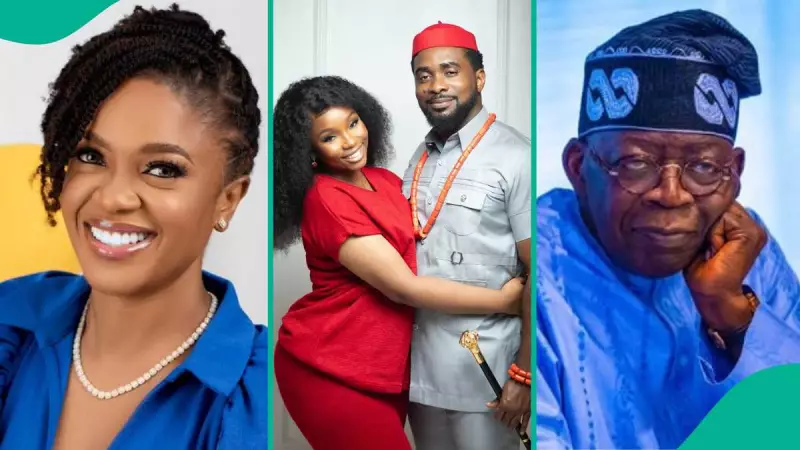
The Nigerian film industry is currently embroiled in a heated controversy as the National Film and Video Censors Board (NFVCB) faces widespread criticism for its recent condemnation of acclaimed actress and filmmaker Omoni Oboli's latest romantic drama, 'Love Is...'
Government Agency Takes Aim at Nollywood Production
The NFVCB, Nigeria's official film regulatory body, has come under fire after publicly criticizing Omoni Oboli's movie, threatening potential restrictions on its cinematic distribution. The board expressed strong objections to certain elements within the film, labeling them as potentially inappropriate for Nigerian audiences.
Social media platforms have erupted with reactions from fans, industry professionals, and free speech advocates who argue that the government agency is overstepping its boundaries and attempting to impose outdated moral standards on contemporary Nigerian cinema.
Omoni Oboli's Response to the Controversy
The talented filmmaker and actress, known for her previous successful productions, has maintained a professional stance throughout the unfolding situation. While addressing the NFVCB's concerns, Oboli emphasized her commitment to creating meaningful content that reflects modern Nigerian relationships and societal dynamics.
'Love Is...' features popular Nollywood stars including Adesua Etomi and Banky Wellington, portraying complex romantic relationships that the filmmaker believes resonate with contemporary Nigerian experiences.
Industry Professionals Rally Behind Oboli
Several prominent figures within Nollywood have voiced their support for Omoni Oboli, questioning the NFVCB's sudden scrutiny of the film. Many industry insiders argue that the board's intervention sets a dangerous precedent for creative expression in Nigeria's booming film industry.
The controversy has sparked broader conversations about artistic freedom, cultural representation, and the role of government agencies in regulating creative content within Africa's largest film industry.
Public Reaction and Social Media Storm
Nigerian movie enthusiasts have taken to various social media platforms to express their discontent with the NFVCB's position. Many argue that Nigerian audiences are mature enough to consume diverse content without government interference, while others have pledged to support the film regardless of the regulatory body's stance.
This incident marks another chapter in the ongoing dialogue between Nigerian creatives and regulatory bodies, highlighting the tension between cultural preservation and artistic evolution in modern Nollywood productions.

